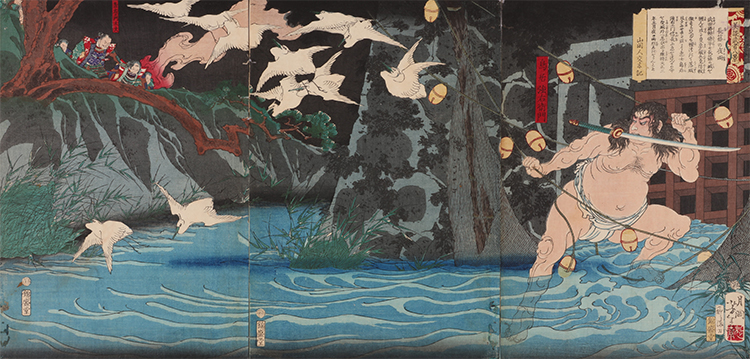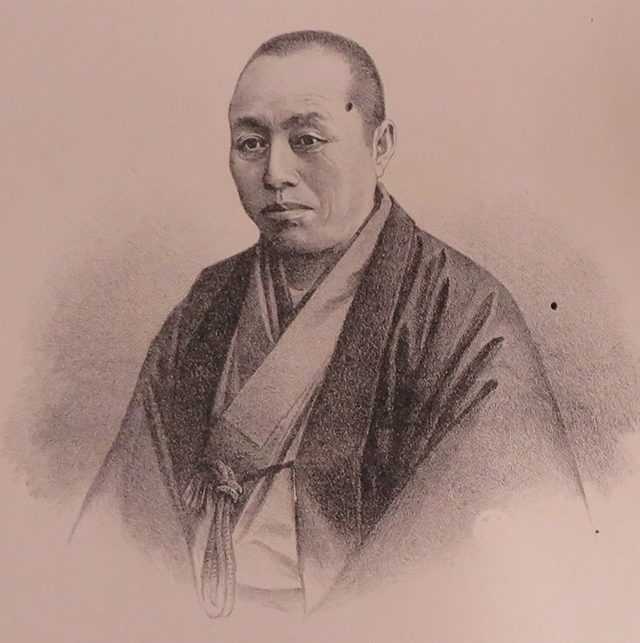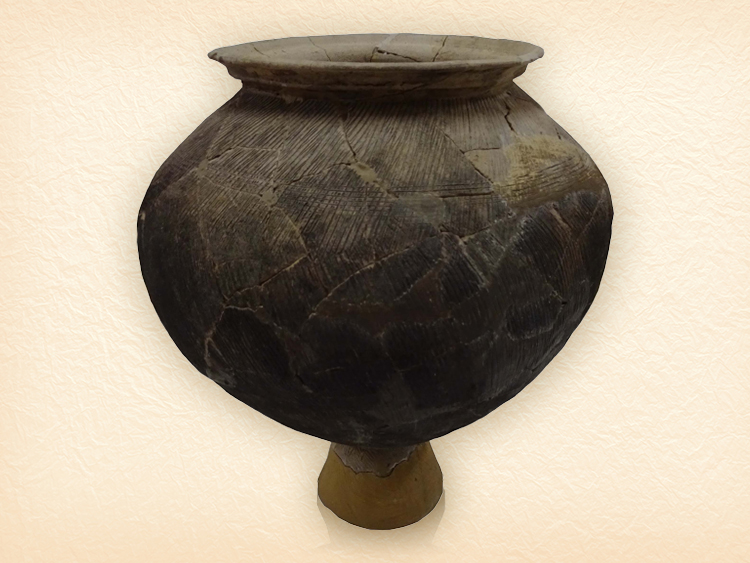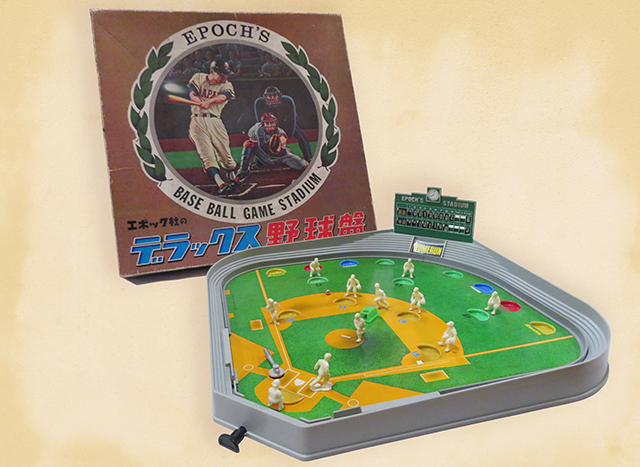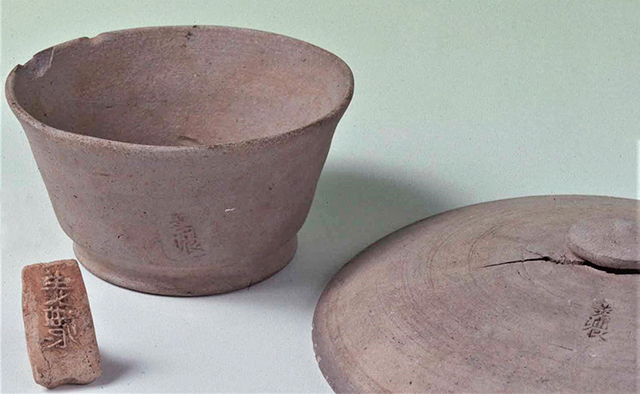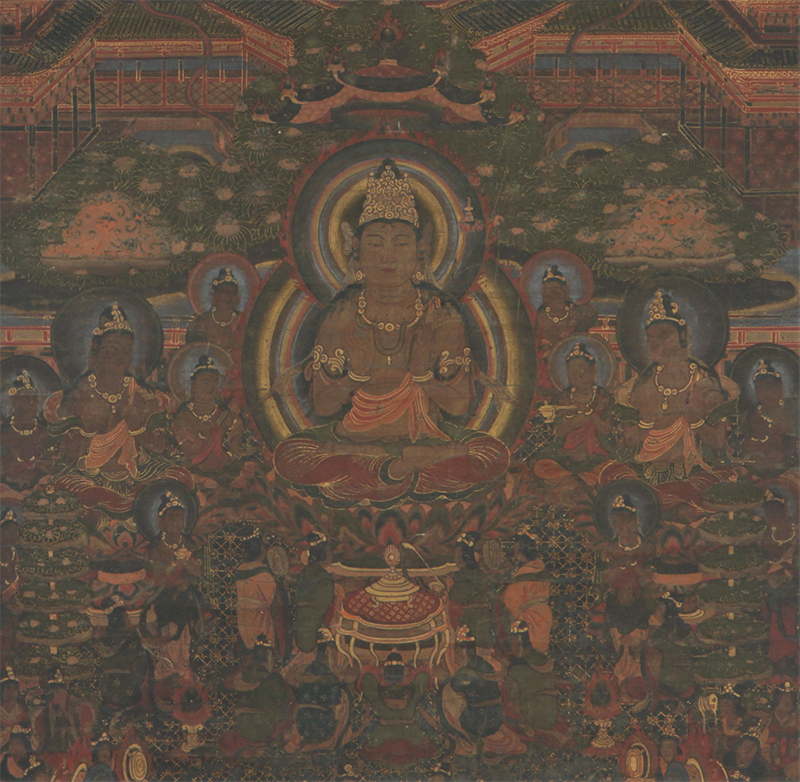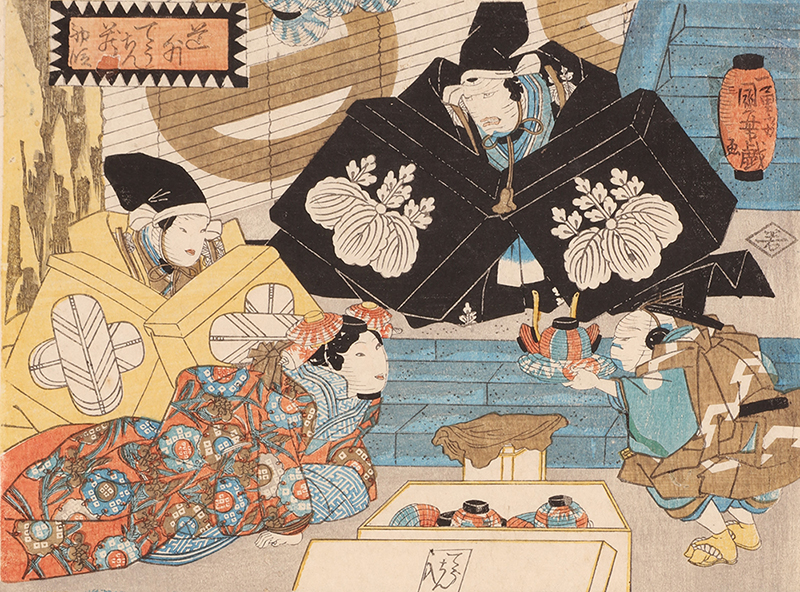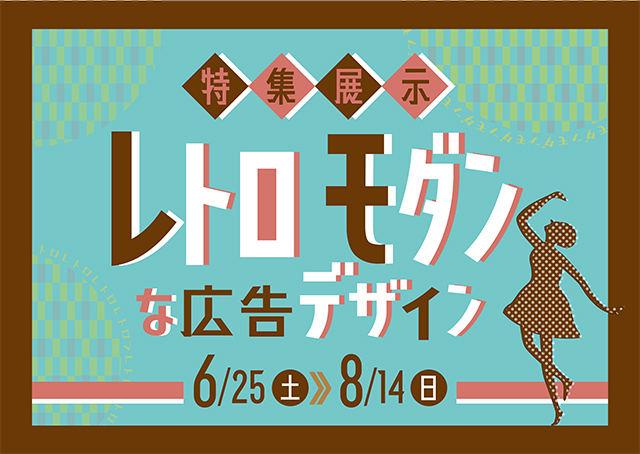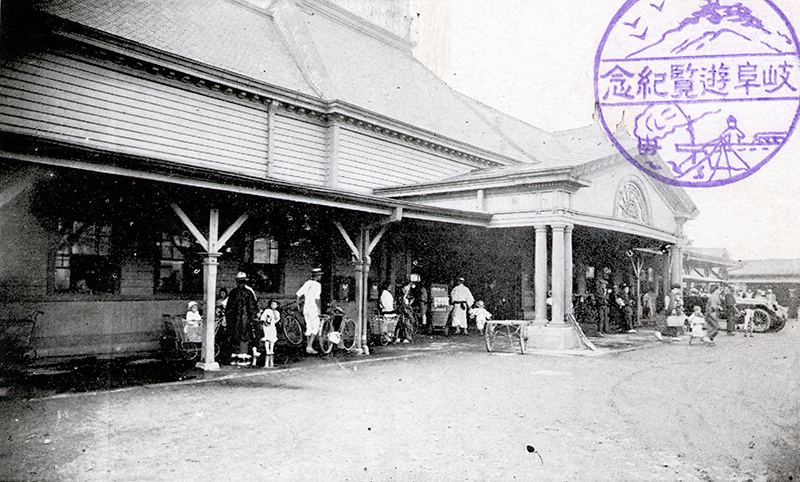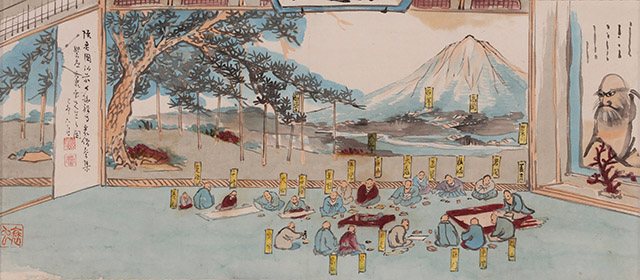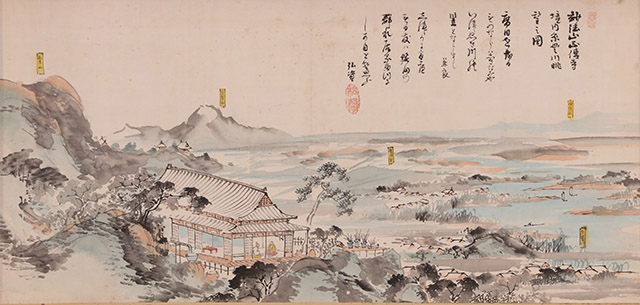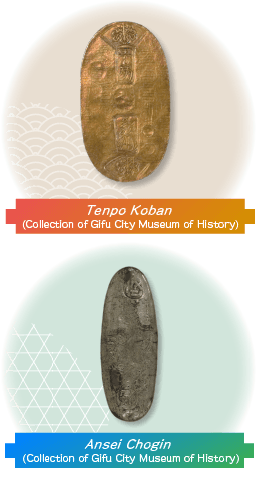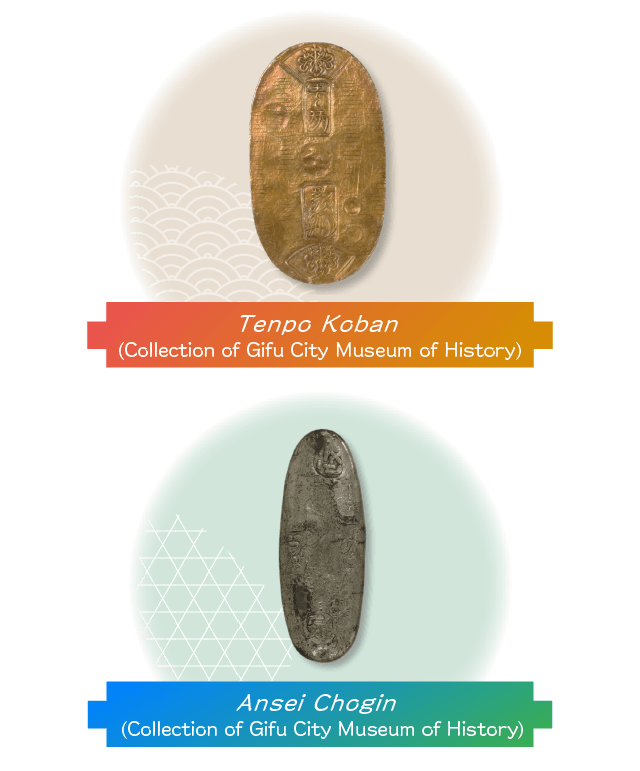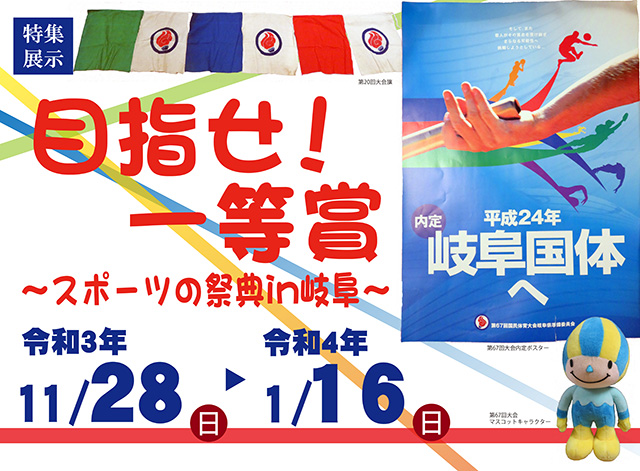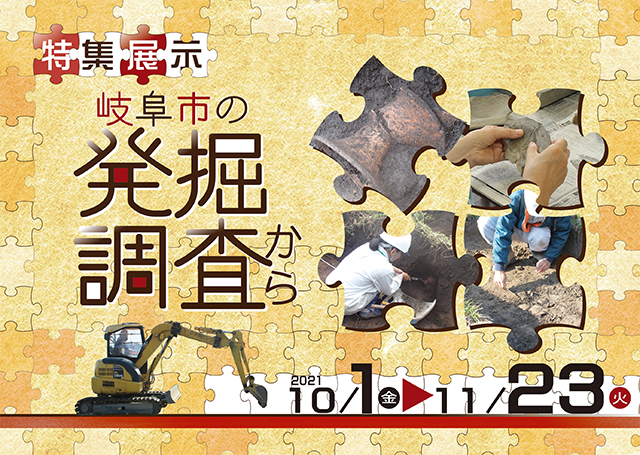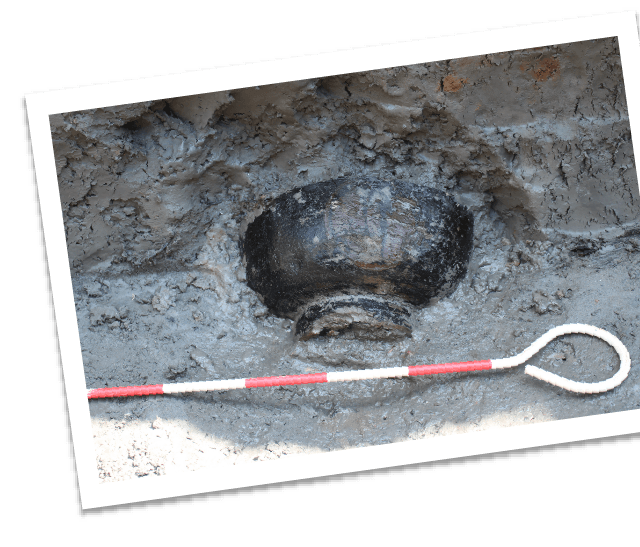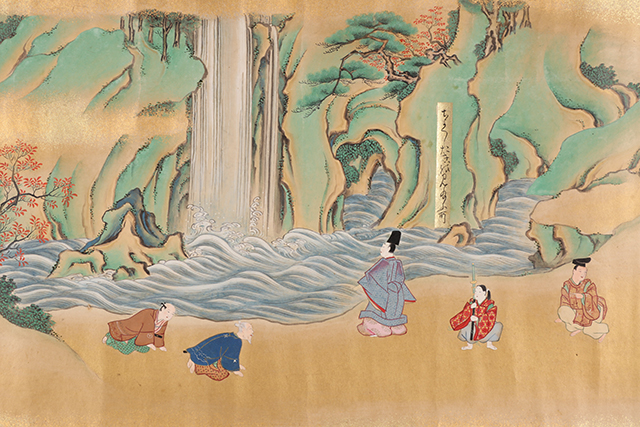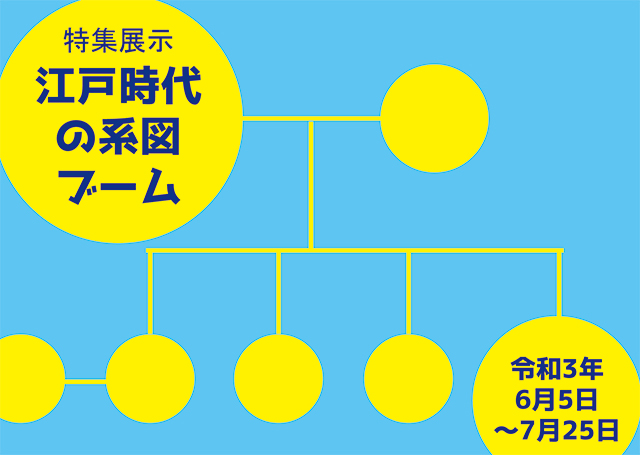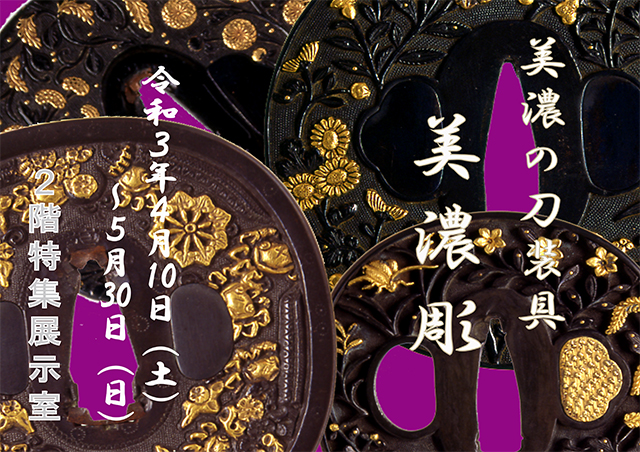- HOME
- 전시·이벤트
- 특집전시
특집전시
2024년도 전람회
-
-
개최 중
Special featured exhibition
Modern Cultural Figures and Gifu:
Ujo, Hakushu and KosakuMarch 8 (Sat) – May 11 (Sun), 2025
* The exhibits are rotated during the exhibition period.
First Half: March 8 (Sat) – April 13 (Sun)
Second Half: April 15 (Tue) – May 11 (Sun)The town of Gifu, famous for cormorant fishing on the Nagara River, has attracted many renowned cultural figures even in modern times. The Gifu City Museum of History has recently acquired a collection of 80 autograph cards presented by such figures to old-established families in Gifu. Among them are works by notable figures in modern cultural history, including poet Noguchi Ujo, poet Kitahara Hakushu, composer Yamada Kosaku, tanka poet Yanagiwara Byakuren, and printmaker Natori Shunsen.
This special exhibition showcases these 80 autograph cards for the first time, with a rotating display between the first and second halves of the exhibition period.
-
-
종료
Special featured exhibition
Townspeople Culture of the Edo Period
February 1 (Sat) – March 2 (Sun), 2025
The Edo Era was a period when the culture of the commoner flourished. Here in Gifu, the culture of townspeople blossomed, particularly in Gifu Town and Kano Town. People enjoyed activities such as Chinese poetry, Japanese poetries (including waka and haikai), kemari (traditional ball-kicking), and pottery. This exhibition showcases the works of the townspeople while also highlighting the connections they shared.
-
-
종료
Special featured exhibition
Beppu zaiku
November 23 (Sat), 2024 – January 26 (Sun), 2025
“Beppu zaiku” refers to metal craft items created during the Edo period in present-day Beppu, Mizuho City. These pieces were produced using a technique called “rogata imono” (wax mold casting), where wax prototypes are replaced with metal. They are characterized by their soft forms that capture the feel of wax with unique Chinese-inspired designs. This exhibit highlights metal crafts made during a limited period from the mid-17th to the early 18th century.
-
-
종료
Special featured exhibition
Changes in Nihonga and Kato Eizo & Toichi
September 21 (Sat) – November 17 (Sun), 2024
In the early Showa period, Nihonga (Japanese-style painting) was exploring its direction while keeping Western art genre painting expressions in mind. Artists who wanted to break away from the Japanese “closed-off” environment of the existing group exhibitions eagerly formed small groups and associations, and the waves of reform continued into the 1940s.
Nihonga, which had been accepted by the public as part of the Shaseiha (realistic painting), began to fall out of sync with the sensibilities of the times. A demand arose for a shift from the mere preservation of traditional painting, including materials and techniques, to more subjective forms of expression. At the same time, the development of new Nihonga materials made it possible to combine them with those used in Western-style painting, and as a result, Nihonga has reached today without a clear definition as a distinct genre.
This exhibition showcases how Kato Eizo & Toichi confronted the changing times and evolved their painting styles within the shifting landscape of Nihonga from the late 1930s to the 1950s. It also highlights the transformation of Nihonga expression and the works of other contemporary Nihonga artists.
-
-
종료
Special featured exhibition
Gari-ban –Printing Revolution–
August 3 (Sat) – September 16 (Mon & Holiday), 2024
Gari-ban is a nickname which is derived from the sound made when using a metal stylus on a metal plate, described as “gari-gari” in Japanese. The official name is “mimeograph,” which is a hand-operated printing machine that allows easy copying. Before the widespread use of photocopiers, the Gari-ban was an indispensable tool for everyday office work. This exhibit introduces the charm of Gari-ban, which was used by people of all ages.
-
-
종료
Special featured exhibition
The clock is ringing, it’s calling!
June 1 (Sat) – July 28 (Sun), 2024
Tick-tock, tick-tock, bong-bong. As sung in the 1937 nursery rhyme “The Early Riser’s Clock,” spring-driven pendulum clocks were cherished by many people at the time. In conjunction with “Time Day” on June 10, we introduce various clocks from our collection, ranging from the Edo period to the Showa era, including these iconic “bong-bong” clocks.
-
-
종료
Special featured exhibition
Gifu’s Ancient Tombs
April 6 (Sat) – May 26 (Sun), 2024
There are currently about 80 tumuli clusters in Gifu City, and more than 300 tumuli have been confirmed in detailed site distribution surveys. This exhibition introduces the tumuli in Gifu City through artifacts unearthed from Yayoi Funkyubo (mound burials) and tumuli from the late Yayoi period to the Kofun period.
Please also see the currently ongoing planned exhibition, “All We Know About Gifu’s Ancient Tombs,” in conjunction with this.


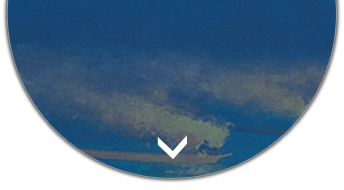
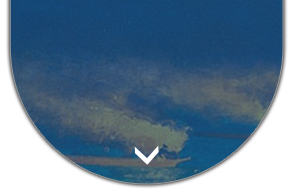
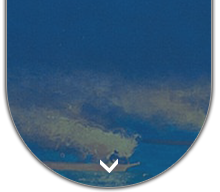
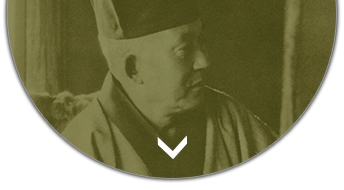
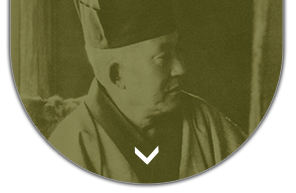
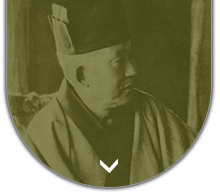


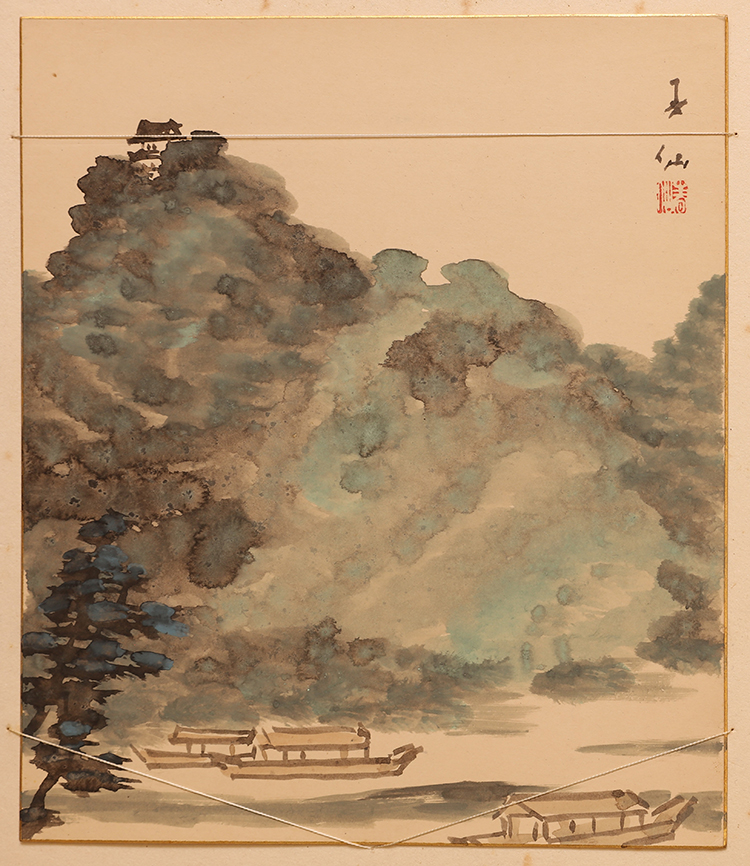
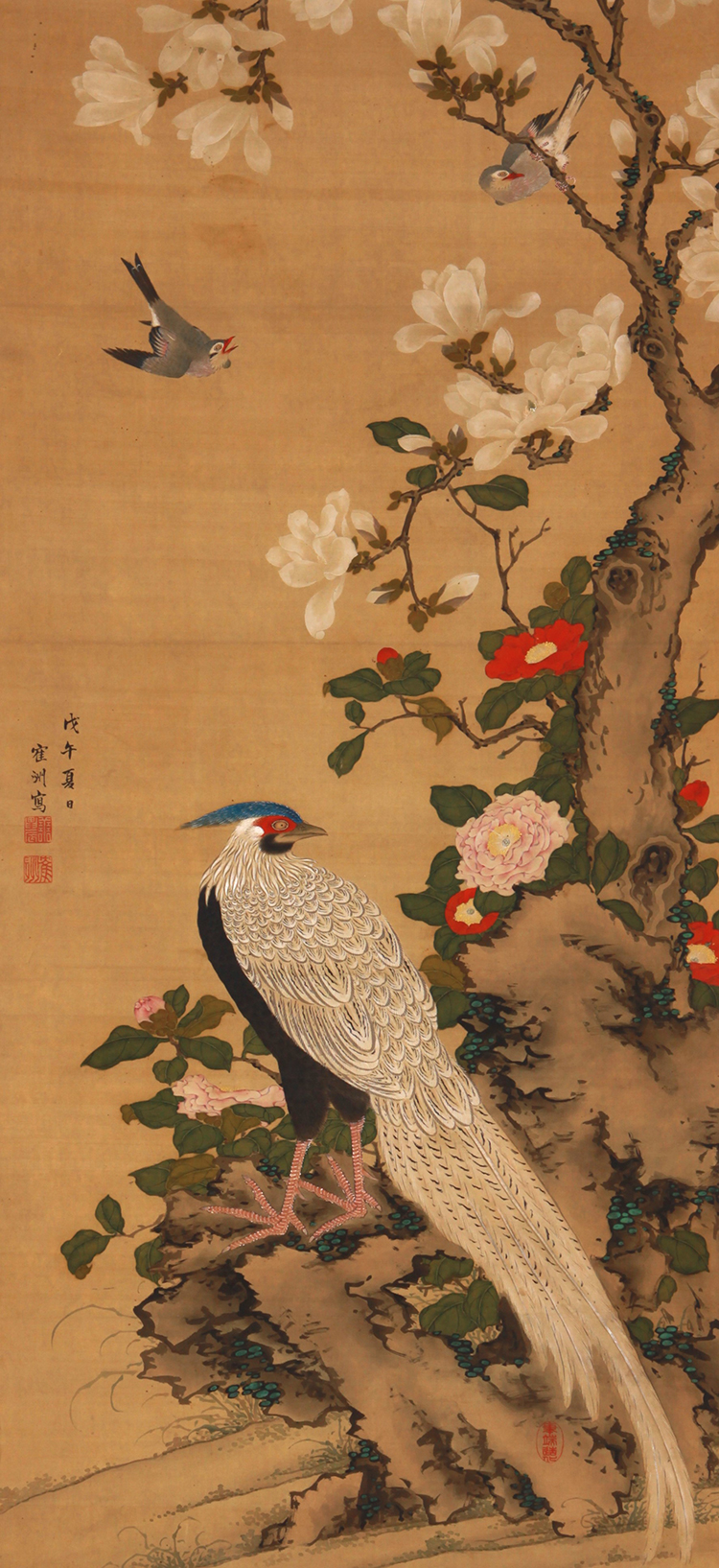
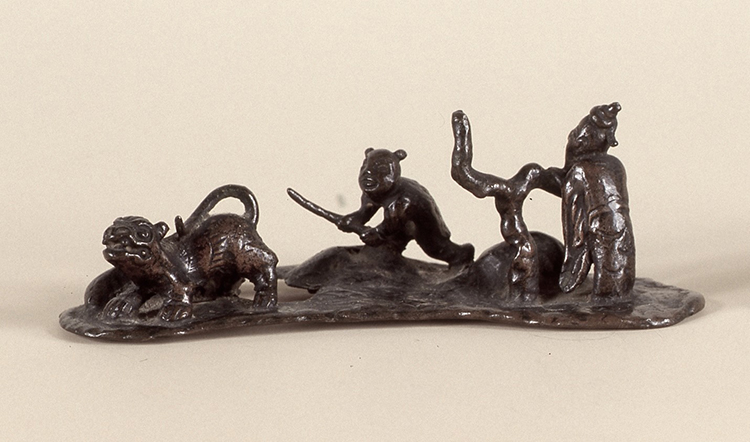
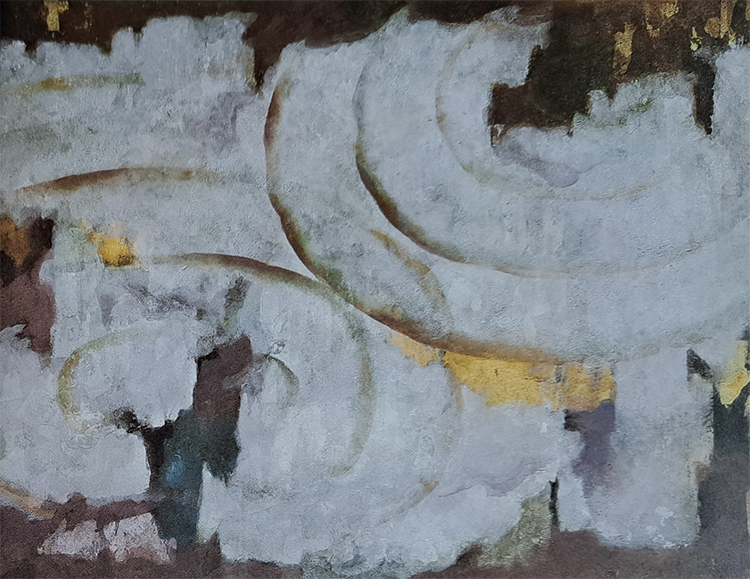

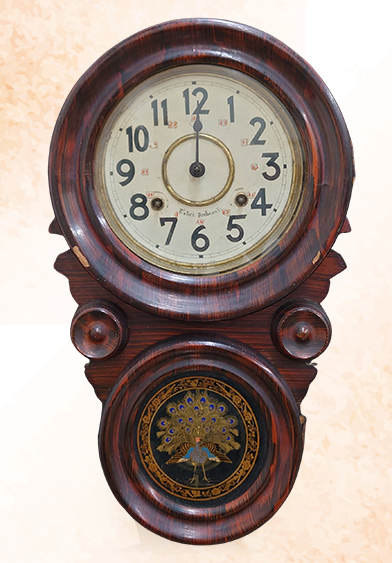
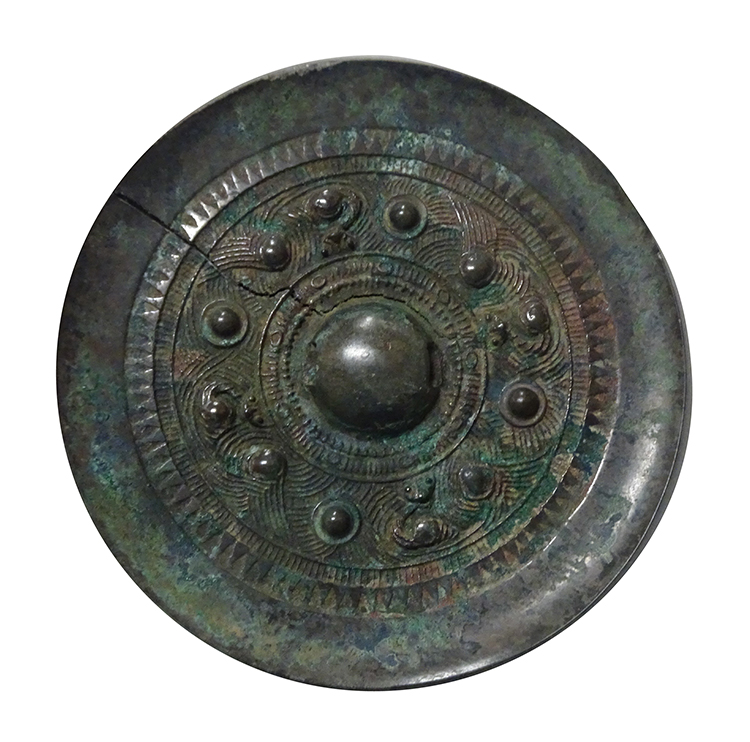
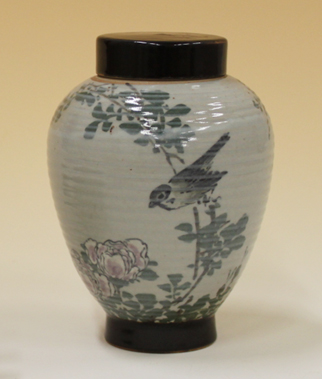
![Golden Bat (The Advancing Japan Grand Exposition [Yakushin nihon daihakurankai] Commemorative Tobacco) Released in 1936 Owned by Gifu City Museum of History](https://www.rekihaku.gifu.gifu.jp/gmh/wp-content/themes/rekihaku/img/exhibition/feature/package2023.jpg)
